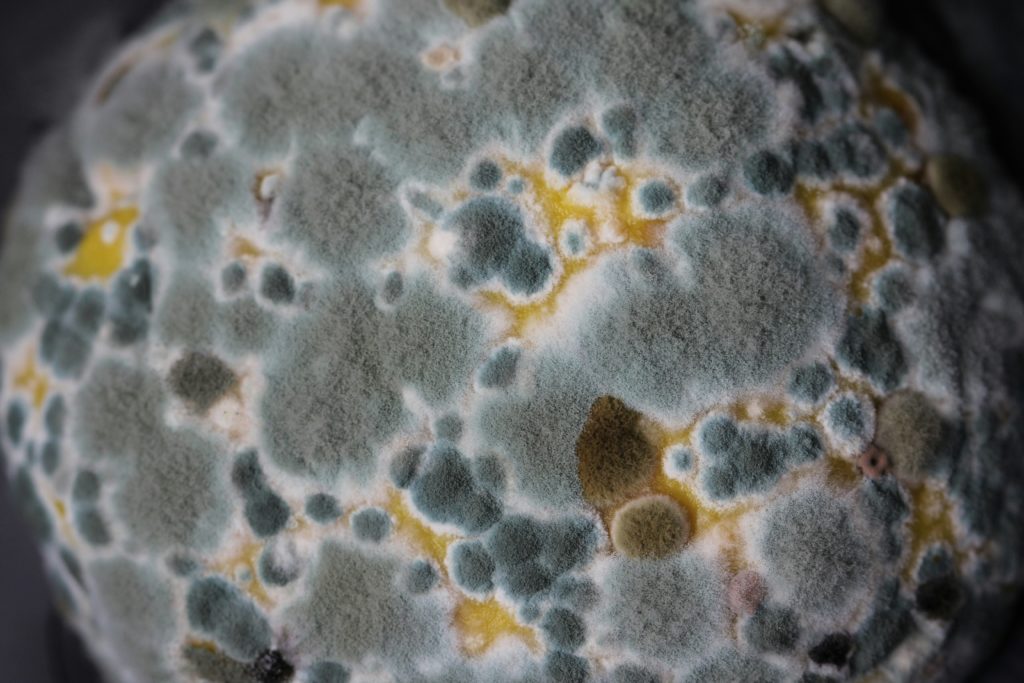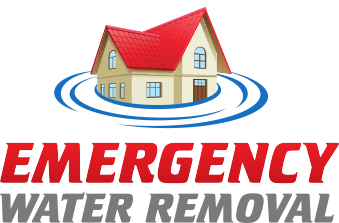Air Testing
Mold testing! and other air tests


Title: Effective Mold Removal in Atlanta, GA: Protecting Your Home and Health
Introduction: Living in a humid climate like Atlanta, Georgia can create the perfect conditions for mold growth in homes and buildings. Mold not only damages the structural integrity of your property but also poses serious health risks to you and your family. It is crucial to address mold issues promptly and effectively to maintain a safe and healthy living environment. In this blog post, we will explore the importance of mold removal in Atlanta, GA, and provide you with valuable insights and tips on how to effectively deal with mold problems.
Understanding the Dangers of Mold: Mold is a type of fungus that thrives in moist and damp environments. It reproduces through tiny spores that are invisible to the naked eye and can easily spread through the air. When mold spores land on a damp surface, they begin to grow and form colonies. The presence of mold can cause various health issues, including allergic reactions, respiratory problems, headaches, and even more severe conditions for individuals with weakened immune systems.
Identifying Mold Infestation: Detecting mold in your home can be challenging as it often grows in hidden and hard-to-reach areas such as basements, attics, and behind walls. However, some common signs of mold infestation include a musty odor, visible black or greenish patches on walls or ceilings, water stains, and the presence of excessive moisture or condensation. If you suspect mold growth, it is important to take immediate action to prevent further damage.
DIY Mold Removal vs. Professional Assistance: While tackling small areas of mold growth on your own may seem like a cost-effective solution, it’s important to note that improper handling can lead to incomplete removal and potential health risks. For extensive mold problems or if you have health concerns, it is strongly recommended to seek professional assistance from mold removal experts in Atlanta, GA. Professionals have the necessary knowledge, tools, and experience to effectively identify and eradicate mold, ensuring a thorough and safe remediation process.
Steps for Effective Mold Removal:
Inspection and Assessment: A professional mold removal team will conduct a thorough inspection of your property to identify the source and extent of the mold infestation. They will assess the affected areas and determine the appropriate remediation plan.
Containment and Protection: To prevent the spread of mold spores to unaffected areas, the professionals will set up containment barriers and use negative air pressure machines. They will also wear protective gear, such as gloves, masks, and goggles, to safeguard themselves during the removal process.
Mold Removal and Cleaning: The experts will carefully remove the affected materials and clean the surfaces using specialized techniques and cleaning agents. They will ensure that all visible mold is eliminated, and the affected areas are properly sanitized.
Drying and Dehumidification: It is crucial to address the moisture source to prevent future mold growth. The professionals will thoroughly dry the affected areas and may use dehumidifiers to maintain optimal humidity levels.
Prevention Measures: To minimize the risk of future mold growth, the experts may recommend necessary repairs or improvements, such as fixing leaks, improving ventilation, or installing moisture barriers. They may also provide guidance on regular maintenance practices to keep your home mold-free.
Conclusion: Mold removal in Atlanta, GA, is a crucial step in maintaining a safe and healthy living environment. Promptly addressing mold issues and seeking professional assistance ensures effective removal, prevents further damage, and safeguards the well-being of you and your family. By understanding the dangers of mold, identifying infestation signs, and following the steps for effective mold removal, you can protect your home, preserve its structural integrity, and promote a healthier indoor environment for everyone.
